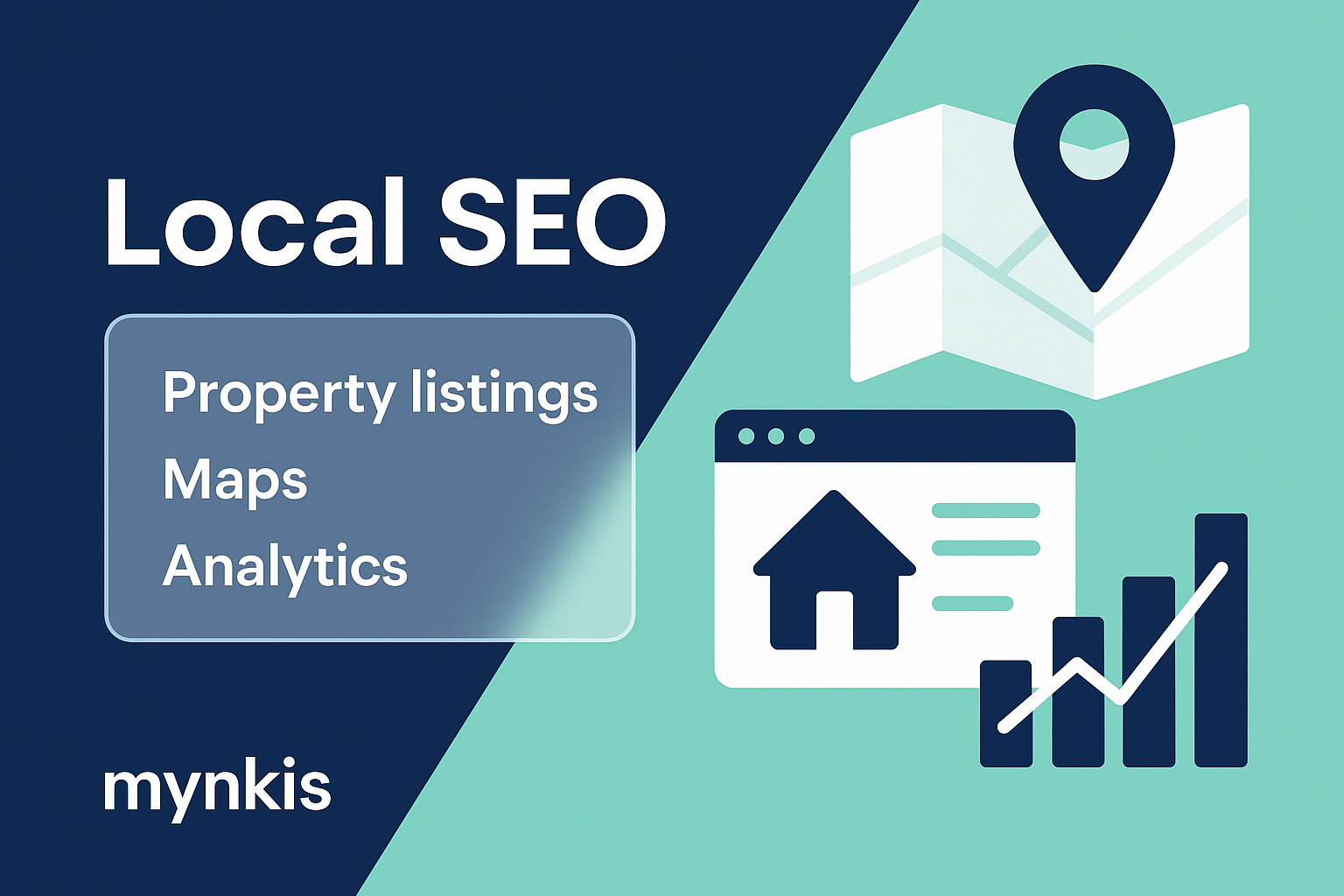Schedule a Demo
Localized SEO isn't just a trend; it's the cornerstone of success for any property listing website aiming to dominate local markets. By focusing on the intricacies of search queries relevant to specific regions, your website can tap into the wealth of local traffic seeking real estate solutions right in their neighborhoods. I've worked with several brokers who, after implementing tailored SEO strategies, saw significant boosts in local visibility and subsequent inquiries. When you optimize for your community's unique search habits and landmarks, your listings become the go-to source for local buyers and sellers.
Keyword optimization is the bread and butter of SEO, but for property listing websites, it's all about diving deep into local relevance. Your target audience isn't just looking for 'property for sale'; they're searching for nuances like 'condos in Los Feliz' or 'new listings in Santa Monica'. Your website must align with these precise searches. From my experience, integrating neighborhood names, local amenities, and area-specific landmarks significantly heightens your site's appeal to those conducting local searches.
Content is your platform's voice, your opportunity to engage and inform. Crafting detailed property descriptions filled with pertinent keywords, area highlights, and industry insights can dramatically enhance your site's SEO performance. My advice? Blend informative, compelling content that both educates your visitors about the local real estate landscape and seamlessly integrates the keywords that your potential clients use in their local search journeys.
Technical SEO is the unsung hero in a property listing website's journey to the top of search results. This involves optimizing site speed, mobile responsiveness, and creating an overall seamless user experience. Studies by Google have shown that faster, mobile-friendly sites not only rank better but also keep users engaged longer. From my perspective, ensuring your site loads quickly on a smartphone and is easy to navigate can drastically improve your SEO rankings and the satisfaction of your visitors, ultimately leading to more conversions.
User reviews can become a goldmine for enhancing your local SEO efforts. Platforms like Google My Business offer the chance to showcase positive client feedback directly associated with your business in search results. This not only builds trust with potential clients but also signals to search engines the relevance and quality of your listings. Encouraging satisfied customers to leave reviews and strategically responding to them can play a crucial role in local search optimization.
Backlinks remain a critical component of SEO, serving as a vote of confidence from other websites to yours. For property listing sites, securing backlinks from reputable local businesses or real estate-related resources can significantly enhance your site's authority and ranking. In my observations, a well-thought-out backlink strategy that respects Google's guidelines while forging authentic connections in the industry can skyrocket your site's visibility and credibility.
Schema markup might sound technical, but it's essentially about helping search engines understand the nature of your content better, leading to enriched search results. For property listing websites, implementing local business and product schema can display useful details like price, address, and images directly in search results, attracting more clicks. My experience has shown that when a user's search intent matches the detailed information provided by schema, you're more likely to capture their interest.
Search engine algorithms are ever-evolving, and staying informed on the latest updates can be the difference between maintaining and losing your search rankings. Key recent updates like Google's BERT and Core Web Vitals focus on user intent and experience, directly affecting how your property listing site needs to perform and appear to visitors. Based on available research, focusing on creating value-driven content and ensuring a top-notch user experience will position you better in the post-update landscape, but individual results may vary.
Social media's impact on SEO, particularly for local markets, is profound. Platforms like Facebook and Instagram can drive traffic to your property listing site while reinforcing local relevance through geo-tagged posts and stories. My approach? Utilize social media not just for broad marketing but as a channel to elevate your local SEO through regular, location-centric content and engagement with your community.
SEO is not a set-it-and-forget-it strategy, especially in the competitive real estate sector. Continuously analyzing your website's performance through tools like Google Analytics and adjusting your approach based on those insights is critical. From my work in the industry, I've seen websites that actively monitor and adapt their SEO strategy achieve sustained growth and stay ahead of their competitors.
Given the prevalence of mobile searches, particularly in local queries, optimizing your property listing website for mobile devices is non-negotiable. This means ensuring quick load times, touch-friendly navigation, and content that's easily digestible on smaller screens. In my experience, brokers who prioritized mobile-first design not only saw their local SEO rankings improve but also attracted a broader, more engaged audience.
The structure of your website's URLs can significantly influence your SEO. Descriptive, SEO-friendly URLs that include targeted keywords can enhance your page's visibility and user experience. By ensuring that each listing URL on your property site incorporates local terms and property specifics, you create an immediate connection with search engine algorithms and potential visitors.
Finally, treating SEO as an investment rather than a cost can shift your approach to optimization. When your local search rankings improve due to your SEO efforts, the resultant increase in qualified leads and successful transactions can provide a significant return. I've seen many brokers who viewed SEO through the lens of investment commit wholeheartedly to their strategies, leading to rewarding long-term results.
